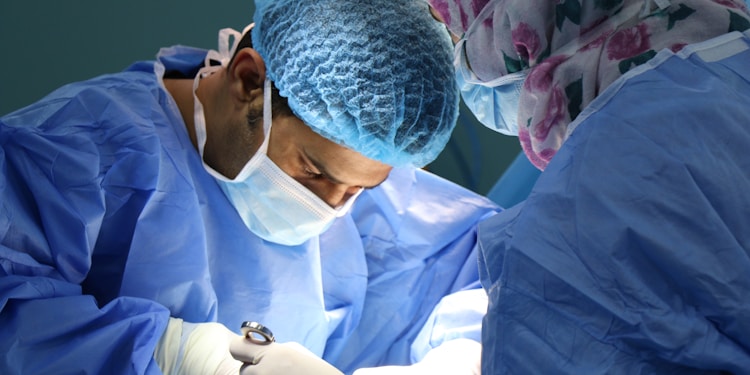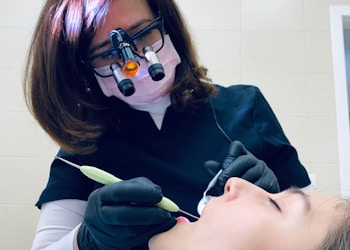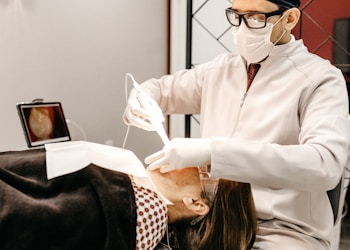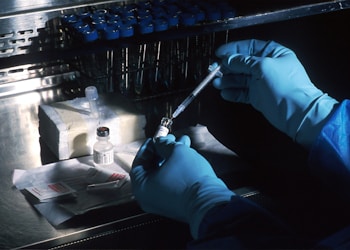When you hear the term “elective surgery,” you may hear “unimportant surgery.” But that’s far from the truth.
Elective surgeries are critical to a patient’s mental and physical well-being. They need to be performed at some point, but unlike emergency surgeries, which are urgent or life-threatening, it is not necessary that they be performed immediately.
Cataract surgery, bariatric surgery, and tonsillectomies are all necessary to a patient’s well-being, but are not urgently needed.
Patients can choose elective surgeries for a number of reasons. Let’s take a look at a few of them.
1.Choose Elective Surgery to Prevent a Problem From Getting Worse
Often a small problem that would not require surgery may become worse over time, creating a serious issue. Let’s take scoliosis, for instance.
When a person has scoliosis, their vertebrae, or backbone, is twisted from a straight line, instead of a straight one. Sometimes this doesn’t require any surgery at all or only requires the sufferer to wear a back brace. But left untreated, scoliosis may become a more urgent problem down the road.
A doctor may recommend a spinal fusion when scoliosis is detected in a child or teenager. This process fuses two or more bones in the spine together so they can grow as one, thereby helping the spine to grow straighter and relieving or preventing future pain.
2.Choose Elective Surgery to Repair a Birth Defect
An orofacial cleft occurs when a baby’s mouth doesn’t form correctly in utero. The tissues of a baby’s face don’t join together properly, causing a split in the lip or palate. This can cause trouble speaking, eating, and hearing.
Cheiloplasty is a surgery that repairs the affected area and creates a more normal appearance to the child’s nose and lip. Some clefts are wider than others, and for a particularly wide one, procedures like lip adhesion or nasal alveolar molding might be performed prior to the cleft lip repair, in order to bring the two sides of the cleft closer together.
A cleft lip can also affect the nose. A nasal deformity of this type requires a complicated rhinoplasty to correct. If this is the case, the patient will want to locate the best nose surgeon they can find.
3.Choose Elective Surgery If You Have a High Risk of Cancer
Women with a high risk of breast cancer may choose to have a mastectomy. This involves the removal of one or more of the breasts in order to prevent cancer from occurring or spreading.
There are two types of mastectomy: simple and modified radical. The simple (or total) mastectomy removes all of the breast tissue, as well as the skin, nipple, and areola. The modified radical mastectomy is more likely to be done when cancer has already invaded the body, and it also involves removing some of the patient’s lymph nodes.
It’s All About Quality
The bottom line is, in most cases, elective surgery can raise your quality of life. Whether you’re having a mole removed or you need surgery to correct a hernia, by taking your doctor’s recommendation to have an operation, you’re taking a positive step toward your future health and happiness.
Did you enjoy this article? If so, please check out the rest of our website for more great content.
















